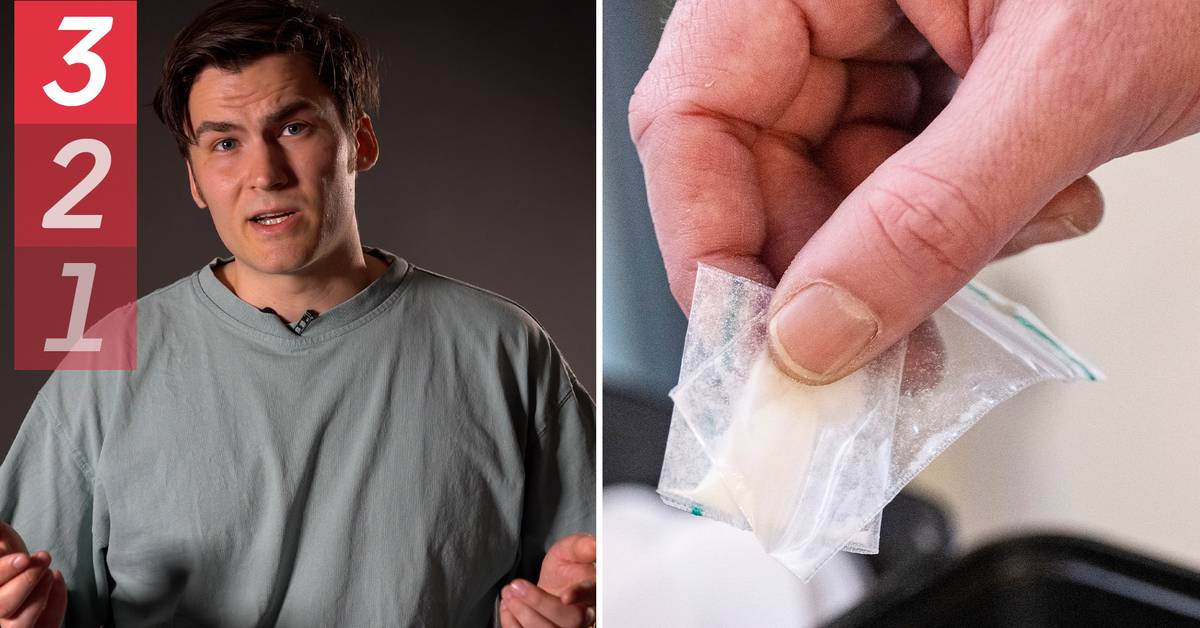It is already illegal to use or possess prohibited drugs, such as cannabis, for personal use. The punishment is usually a fine.
But the government proposes that even the preparation and attempt of minor drug offences be made illegal, which would make far more acts punishable. What will ultimately be judged a crime is still unclear – in the end, it will be up to the courts to draw the line.
"Guaranteed to hit more people"
Albin Stenström is a doctoral student in criminology at Stockholm University and studies the police's work against drugs. He is skeptical that the police will have time to investigate all new crimes that will be added with the change in the law, but still sees risks.
"It will certainly hit far more groups than criminal networks. It has the potential to be very extensive," he says.
In addition to the increased criminalization, six months' imprisonment will become a minimum sentence for virtually all drug sales. Even in that case, there is a risk of hitting groups other than gang criminals, Stenström says.
"A 19-year-old girl who sells an ecstasy to her friend at the pub can also face six months in prison," he said.
Sweden stands out
At the same time as Sweden is tightening, several other European countries have moved towards decriminalization or legalization of more drugs, such as Germany. Norway, which previously had a very restrictive drug policy, has also moved closer to decriminalising personal use.
"Over the past 20 years, more and more countries have abandoned the idea of punishing the drug problem and instead switched to a more harm-minimising policy," says Albin Stenström.
Parliament will vote on the proposals on 3 May.

